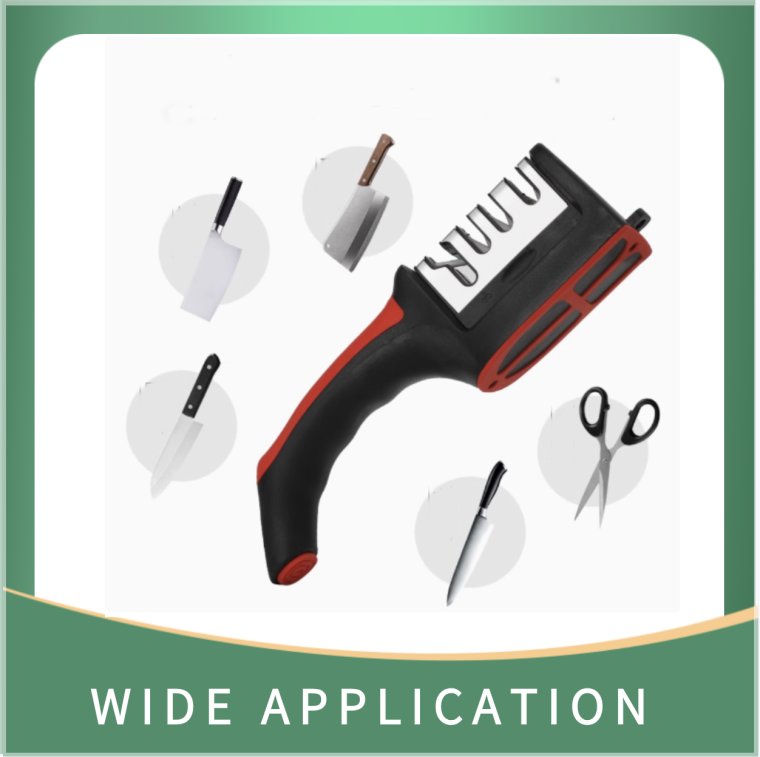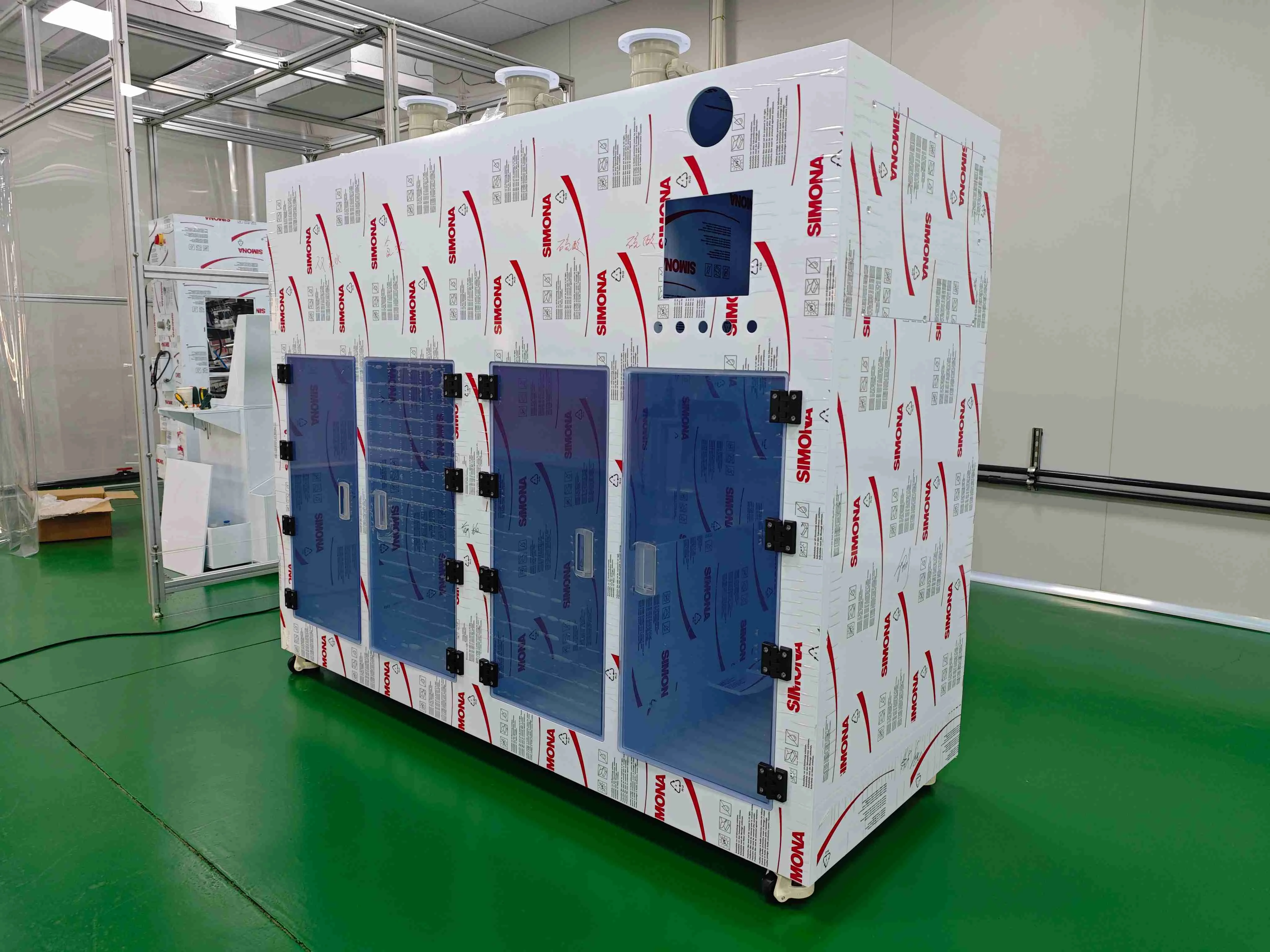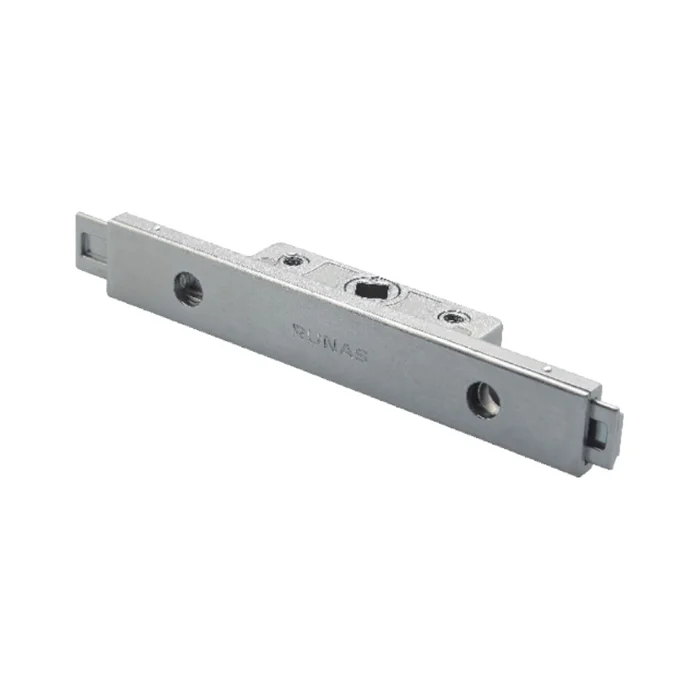Polishing machines play a vital role in a wide range of industries — from metal fabrication and construction to automotive manufacturing and precision engineering. Selecting the right polishing machine not only ensures a smooth, high-quality surface finish but also improves productivity, reduces labor costs, and extends the lifespan of your workpieces.
With years of expertise in abrasive and diamond products, Signi Industrial (Shanghai) Co., Ltd. specializes in the research, production, and sales of high-performance abrasives. Our portfolio includes fiber-reinforced resin cutting wheels, ultra-thin grinding wheels, depressed center grinding wheels, and flexible grinding wheels — covering four major series and over 1,000 product types, exported to more than 40 countries and regions. Based on our deep industry experience, here’s a practical guide to help you choose the right polishing machine for your specific needs.

1. Define Your Application Requirements
Before choosing a polishing machine, consider:
-
Material type: Steel, aluminum, stainless steel, glass, or composites all require different polishing approaches.
-
Finish quality: Do you need a mirror-like finish, a matte surface, or simply to remove surface imperfections?
-
Production scale: Small-batch manual polishing differs from high-volume automated production.
2. Select the Right Polishing Method
Polishing machines come in various types, each suited to different tasks:
-
Bench polishers: Ideal for small workpieces and manual operations.
-
Rotary polishers: Versatile for metals and plastics, offering adjustable speeds.
-
Belt polishers: Effective for flat surfaces and large panels.
-
Automated polishing systems: Designed for high-volume production lines with consistent quality requirements.
3. Consider Machine Speed and Power
The rotational speed and power of the motor determine how efficiently the machine can polish:
-
High-speed machines: Better for rapid material removal.
-
Low-speed machines: Preferred for delicate polishing and fine finishes.
Tip: Pair your machine speed with the right abrasive product from Signi Industrial for optimal results.
4. Match the Machine to the Right Abrasives
The choice of polishing wheel or disc is as important as the machine itself:
-
Resin cutting wheels: Precise cutting and smooth edge preparation.
-
Ultra-thin grinding wheels: Minimal material loss with clean cutting lines.
-
Depressed center grinding wheels: Excellent for heavy-duty grinding and polishing.
-
Flexible grinding wheels: Perfect for curved or irregular surfaces.
5. Evaluate Ergonomics and Safety Features
A well-designed machine should be comfortable to operate for extended periods and equipped with:
-
Adjustable guards
-
Easy-to-access controls
-
Anti-vibration features
-
Emergency stop buttons
6. Factor in Durability and Maintenance
Choose machines built from high-quality materials with low-maintenance components. Partnering with a trusted supplier like Signi Industrial ensures long-term support, availability of replacement parts, and expert guidance on maintenance best practices.
Final Thoughts
Selecting the right polishing machine involves matching your material type, finish requirements, production volume, and abrasive choice. By combining the right machine with Signi Industrial’s high-performance abrasive solutions, you can achieve superior finishes, higher efficiency, and longer tool life.
For more than a thousand abrasive product variations and expert advice tailored to your industry, Signi Industrial (Shanghai) Co., Ltd. is your trusted global partner in polishing and grinding solutions.
www.shanghai-signi.com
Signi Industrial (Shanghai) Co., Ltd




+ There are no comments
Add yours